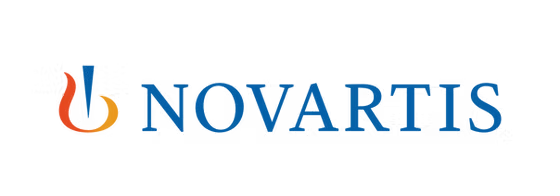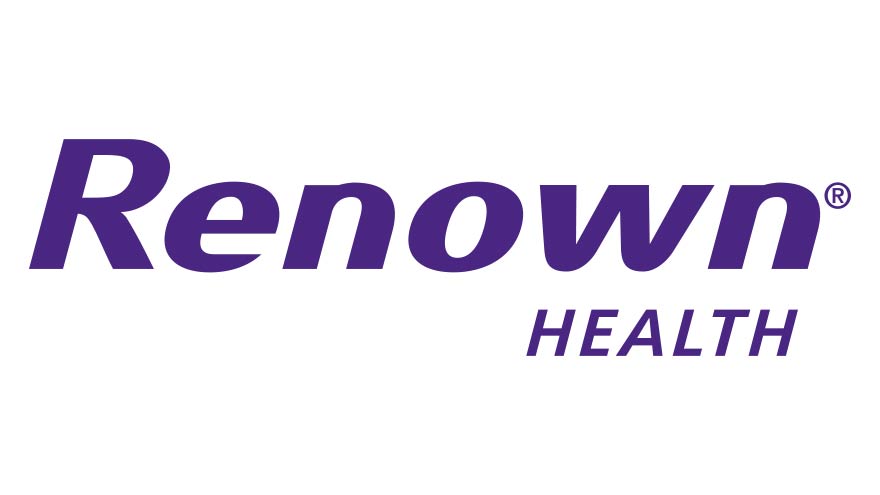
23 Sep 2022
The first step in creating a successful recruitment strategy is determining the talent that is actually required. Finding recruiting needs helps recruiters and hiring managers coordinate their efforts and ultimately directs them to discover the best applicant for the job.
To help you establish your hiring needs and begin focusing on applicants that match your requirements, values, and culture, we've put together a list of crucial questions.
1. Why is it necessary to add a position?
Throughout this process, collaborate with the team lead to make sure this position is required. Consider whether someone was asked to leave the team or departed on their own if they just recently did. Are there any plans to increase the team's responsibilities? Perhaps the team is searching for a specialist to take some of the workloads off their plate because they have been working nonstop. The basis for the entire process is comprehending the motivation behind the function.
2. How would the corporation profit from this position?
See if there is a retention issue with this position, which ties into the previous sentence. If so, it might indicate more serious problems that the team has to address. If not, you can search for a star player to advance the club.
3. What knowledge and abilities are needed?
Is a specialist or generalist position being sought by the team? Consider the missing component of the puzzle you're trying to solve. Is there a certain skill set you must employ for, or is this a high-touch position where culture fit is crucial?
4. Do you need to backfill any positions or are there holes in the team?
Backfilling a post might be as simple as handing off previous duties. A more dynamic individual who can take the initiative to become what the team needs is required to fill a gap in the team. You can more clearly comprehend exactly who you are looking for in your search after developing a candidate persona.
5. What level of expertise is ideal for a candidate?
Is this a manager position or an entry-level position? Will there be enough time for the team to train them, or will they have to get started right away? Many job hopefuls are moving up the ladder in the present work market using their acquired talents rather than their degree. Be willing to give new leaders a chance; it's possible that their existing organization hasn't had the chance to do so. In upward transitions, historical patterns of employment discrimination often take the front stage. When given the chance, women and people of color will be eager and hungry to make a difference!
6. What qualifications are needed for certification?
Does the group demand certain industry certifications? Ask the team leader whether they have the resources and time to pay for certification or if they can give on-the-job training. Your search may be expanded if you hire non-certified applicants. It's probable that a lot of applicants have never had the opportunity to earn credentials in their area. Candidates who are switching industries are another source of interesting recruits.
7. To whom will this worker be reporting?
Who will they answer to as their boss? Meet with the leader to discuss the qualities they are seeking in a direct report. Which soft talents do they value in a worker? A culture match will help you set up the business connection for success. You run the risk of turnover if not.
8. If anyone, to whom will this employee report?
Speak with them and discover what they require in a new leader. They will serve as the new hire's go-to source for information about the organization and daily operations.
We, Trioptus will make sure to assist you in locating the ideal candidate for your company who will match your objectives and cultural fit. One more piece of advice: After hiring, spend time outlining expectations for new hires as that will help your company to grow more efficiently.











Comments (0)